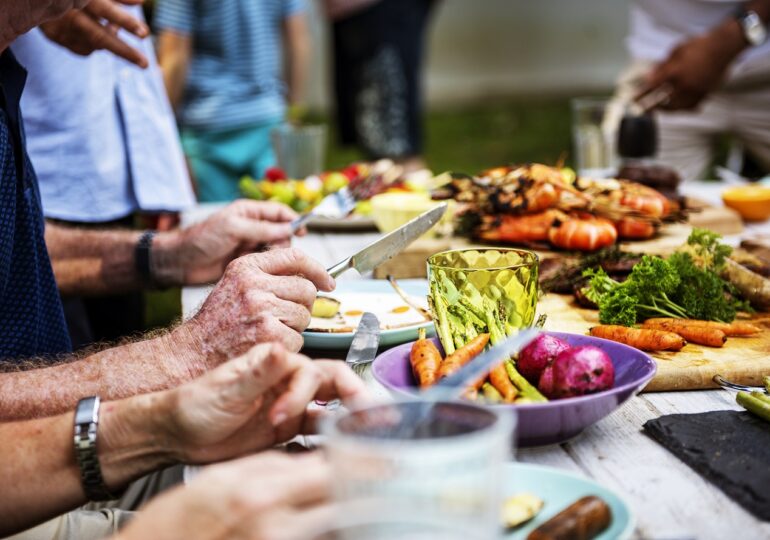After studying longevity for over three decades, an Italian researcher has come to the conclusion that he wouldn’t change for anything in the world a habit he has adopted. Not even to extend his life.
Valter Longo, a researcher from Italy, has been fascinated by the factors contributing to life extension, especially diet. He began studying longevity in 1989, and today, after 35 years of research, he is the director of the Longevity and Cancer Laboratory at the Institute of Molecular Oncology in Milan (IFOM), as reported by CNBC.
Longo, who hopes to live to 120 years, knows how important it is what people can change and what they cannot change to increase their longevity. However, there is one thing he says he doesn't want to change, even if it would help him live longer.
After decades of research, Longo has concluded that the diet is clearly the most important factor influencing longevity.
He follows a Mediterranean diet, which studies have shown can reduce the chances of developing heart disease and type 2 diabetes. However, he emphasizes that the time between meals is equally important.
"I recommend 12 hours of daily fasting. Let's say you eat between 8:00 in the morning and 8:00 in the evening. Or between 7:00 and 7:00 in the evening. This eating habit is called fasting-mimicking diet," explains Longo.
The old saying "eat breakfast like a king, lunch like a prince, and dinner like a pauper" is supported by science to strengthen health and closely aligns with the diets of the world's longest-lived people.
However, Longo does not prefer an earlier dinner with smaller portions. "I have a fairly large dinner, quite late in the evening, and it's probably not ideal, but it helps me skip lunch," says Longo, who is also the director of the Longevity Institute at the University of Southern California, Los Angeles.
"I don't have lunch from Monday to Friday, then I have a rich dinner," he adds. Longo agrees that it would "probably be better to have a big lunch and a smaller dinner. But that's how my life is built."
Longo believes that a longer time interval between the first and last meal of the day offers greater benefits to the body than the disadvantages of a hearty late-night dinner.
Overall, the expert believes that the negative effects of a generous dinner late at night are relatively small: "It's one of the compromises I live with."
T.D.

